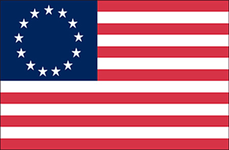- Welcome to Traditional Muzzleloading on the Cheap.



-
Documents from a Southern Gentleman
Started by JonnyReb, May 19, 2013, 03:53:15 PM
Previous topic - Next topic
User actions



Started by JonnyReb, May 19, 2013, 03:53:15 PM
Previous topic - Next topic